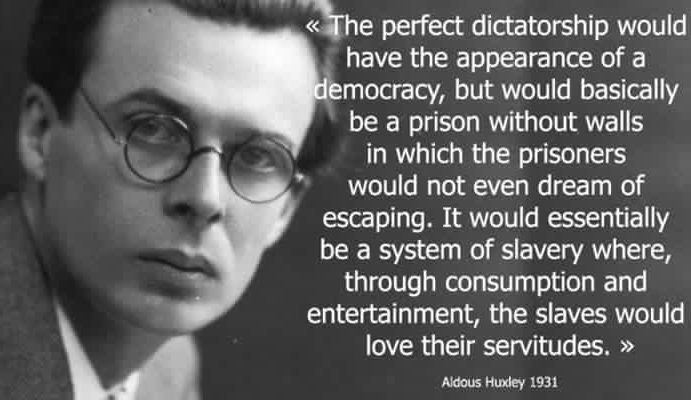Two articles today show that Twitter is alive and well and largely not understood. Till now.
Adventures in Twitter Censorship
With this memory, I decided to check with tor browser. And there it was all along, in Appelbaum’s twitter feed. I thought this was worthy of a post, which prompted another retweet from Appelbaum, and several helpful responses, among them were posts from two other users (one of whom has worked with the Snowden Archive and been published in Der Spiegel) confirming that they too were experiencing the same issue. The tweet had disappeared from view from US, in Appelbaum’s feed. From these posts, and my own work, it appears the issue was not limited to only one ISP (it affected both CenturyLink and Verizon), to one browser (Firefox, Chrome, IE and Opera were tried), one operating system (it affected both Windows and Android), or one login (at least 3 different users affected, I was also unaffected whilst logged in, but still using tor). It was also not a case of tor vs non-tor (US tor exits
affected, as were my regular home IP addresses). Apparent location of the user’s IP address seemed to be the main factor. Germans could see it the post, Americans couldn’t.
An Analysis of Twitter Censorship in Turkey
Twitter, widely used around the world, has a standard interface for government agencies to request that individual tweets or even whole accounts be censored. Twitter, in turn, discloses country-by-country statistics about this censorship in its transparency reports as well as reporting specific incidents of censorship to the Chilling Effects web site. Twitter identifies Turkey as the country issuing the largest number of censorship requests, so we focused our attention there. Collecting over 20 million Turkish tweets from late 2014 to early 2015, we discovered over a quarter million censored tweets – two orders of magnitude larger than what Twitter itself reports. We applied standard machine learning / clustering techniques, and found the vast bulk of censored tweets contained political content, often critical of the Turkish government. Our work establishes that Twitter radically under-reports censored tweets in Turkey, raising the possibility that similar trends hold for censored tweets from other countries as well. We also discuss the relative ease of working around Twitter’s censorship mechanisms, although we cannot easily measure how many users take such steps.
And so it goes…

Recent Comments